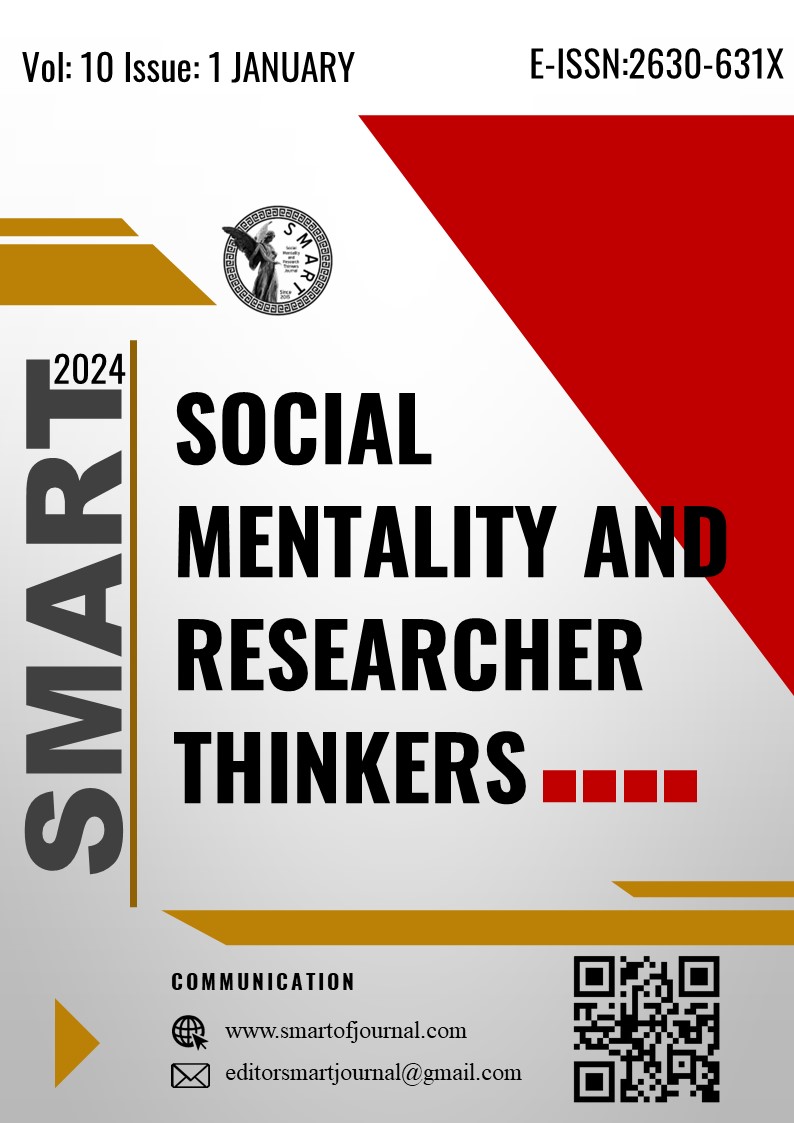Türkiye'de Sosyal Bilgiler ve Hayat Bilgisi Derslerinde Değerler Eğitimi Konusunda Yapılan Lisansüstü Tezlerin Doküman İncelemesi
Author :
Abstract
Değer, bir toplumun köklerine uzanan bağlarını ortaya koyarak toplumdaki bireylere aidiyet duygusunu hissettiren bir olgudur. Toplumların iç kontrol mekanizması değerler aracılığıyla işlevsel hale gelmektedir. Toplumsal yaşamın normları ve yaşama yansıma şekilleri değerlerle birlikte yön bulmaktadır. Bireyleri bu normalar çerçevesinde davranmaya yönlendirmektedir. Geçmişten bugüne kadar hayata yön veren değerler eğitim süreçlerinde de ele alınmaktadır. Değerlerin öğrencilere hemen her ders içeriğine yedirilerek aktarılması temel olmakla birlikte Sosyal Bilgiler, Hayat Bilgisi, Türkçe dersleri gibi dersler içeriklerinin uygunluğu nedeniyle daha avantajlı bir konuma sahiptir. Bu çalışmada Türkiye’de Sosyal Bilgiler ve Hayat Bilgisi derslerinde yapılan değerler eğitimi ile ilgili çalışmaların genel eğilimlerini belirlemek amaçlanmaktadır. Araştırmaya Yüksek Öğretim Kurulu’nun (YÖK) “Ulusal Tez Merkezi”nde kayıtlı olan yüksek lisans ve doktora tezleri dahil edilmiştir. Yapılan detaylı incelemede 2008-2023 yılları arasında Sosyal Bilgiler ve Hayat Bilgisi dersleri kapsamında değerler eğitimin araştırıldığı 32 lisansüstü teze ulaşılmıştır. Yapılan tez taramasında Sosyal Bilgiler, Hayat Bilgisi, Değerler, Değerler Eğitimi anahtar kelimeleri kullanılmıştır. Belirlenen tezler doküman analizi incelemesi yoluyla araştırma yılı, tez türü, ilgili ders, seçilen örneklem, üniversitelere göre dağılımları, kullanılan araştırma yöntemi, veri toplama araçları ve veri analiz yöntemleri değişkenlerine göre değerlendirilmiştir. Yapılan içerik analizi neticesinde elde edilen veriler yüzde ve frekans değerleriyle açıklanmıştır. 2008-2023 yılları arasında değerler eğitimiyle ilgili yapılan en fazla tezin 2018, 2019, 2021 ve 2023 yılarına ait olduğu (f=4), yüksek lisans düzeyinde (f=27), sosyal bilgiler eğitiminde (f=26) ağırlıklı olarak yapıldığı belirlenmiştir. Öğretmenlerin en fazla tercih edilen örneklem grubu (f=16), Necmettin Erbakan ve Sakarya Üniversitelerinde yapılan tez sayısının diğerlerinden daha yüksek olduğu (f=3), en fazla kullanılan araştırma yönteminin nitel yöntem olduğu (f=22), veri toplama aracı olarak en çok yarı yapılandırılmış görüşme formunun tercih edildiği (f=21) ve elde edilen verilerde ağırlıklı olarak içerik analizi yöntemi kullanılarak analiz edildiği (f=24) sonuçlarına ulaşılmıştır.
Keywords
Abstract
Value is a phenomenon that reveals the ties that extend to the roots of a society and makes individuals feel a sense of belonging in the society. The internal control mechanism of societies becomes functional through values. The norms of social life and the ways they reflect on life are guided by values. It directs individuals to behave within the framework of these norms. The values that have guided life from past to present are also addressed in educational processes. Although it is essential to transfer values to students by incorporating them into the content of almost every course, courses such as Social Studies, Life Science and Turkish courses have a more advantageous position due to the suitability of their contents. This study aims to determine the general trends of studies on values education in Social Studies and Life Sciences courses in Turkey. Master's and doctoral theses registered in the "National Thesis Center" of the Council of Higher Education (YÖK) were included in the research. In the detailed examination, 32 postgraduate theses investigating values education within the scope of Social Studies and Life Sciences courses between 2008 and 2023 were found. The keywords Social Studies, Life Sciences, Values, Values Education were used in the thesis scanning. The determined theses were evaluated through document analysis according to the variables of research year, thesis type, relevant course, selected sample, distribution according to universities, research method used, data collection tools and data analysis methods. The data obtained as a result of the content analysis was explained with percentage and frequency values. It was determined that the most theses related to values education between 2008-2023 belonged to the years 2018, 2019, 2021 and 2023 (f = 4), and were mainly made at the master's level (f = 27) and social studies education (f = 26). The most preferred sample group of teachers (f = 16), the number of theses made at Necmettin Erbakan and Sakarya Universities is higher than the others (f = 3), the most used research method is the qualitative method (f = 22), and it is the most used data collection tool. It was concluded that the semi-structured interview form was preferred (f = 21) and the data obtained was mainly analyzed using the content analysis method (f = 24).





